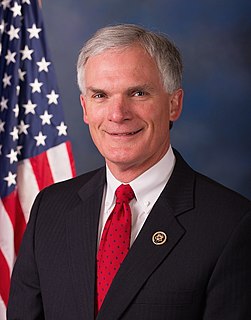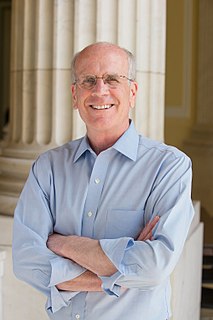A Quote by Arthur M. Schlesinger, Jr.
For most Americans the Constitution had become a hazy document, cited like the Bible on ceremonial occasions but forgotten in the daily transactions of life.
Related Quotes
The danger lies in forgetting what we had. The flow between generations becomes a trickle, grandchildren tape-recording grandparents' memories on special occasions perhaps-no casual storytelling jogged by daily life, there being no shared daily life what with migrations, exiles, diasporas, rendings, the search for work. Or there is a shared daily life riddled with holes of silence.
The most successful revolutions aren't those that are celebrated with parades and banners, drums and trumpets, cannons and fireworks. The really successful revolutions are those that occur quietly, unnoticed, uncommemorated. We don't celebrate the day the United States Constitution was destroyed; it didn't happen on a specific date, and most Americans still don't realize it happened at all. We don't say the Constitution has ceased to exist; we merely say that it's a 'living document.' But it amounts to the same thing.
That's the argument of flexibility and it goes something like this: The Constitution is over 200 years old and societies change. It has to change with society, like a living organism, or it will become brittle and break. But you would have to be an idiot to believe that. The Constitution is not a living organism; it is a legal document. It says something and doesn't say other things.
If you call yourself an American that means that you have embraced the constitution, because that is what an American is. A citizen of the United States of America is someone who has sworn an oath of allegiance to that document, to the words, to the ideals of that document. Right now we have citizens who don't even understand what that document is.
I used to say that the Constitution is not a living document. It's dead, dead, dead. But I've gotten better. I no longer say that. The truth is that the Constitution is not one that morphs. It's an enduring Constitution, not a changing Constitution. That is what I've meant when I've said that the Constitution is dead.
When the clock stops on a life, all things emanating from it become precious, finite, and cordoned off for preservation. Each aspect of the dead person is removed from the flux of the everyday, which, of course, is where we miss him most. The quarantine around death makes it feel unlucky and wrong--a freakish incursion--and the dead, thus quarantined, come to seem more dead than they already are.... Borrowing from the dead is a way of keeping them engaged in life's daily transactions--in other words, alive.
The presidents varied in the degree to which they cited the founders. Some, like JFK, LBJ, [Richard] Nixon, and [Bill] Clinton, cited them somewhat frequently, in the range of 100 to 200 times, though, regrettably, not in a thematic or notably profound or even interesting way. Others, like Gerald Ford and Jimmy Carter, cited them rarely.






































